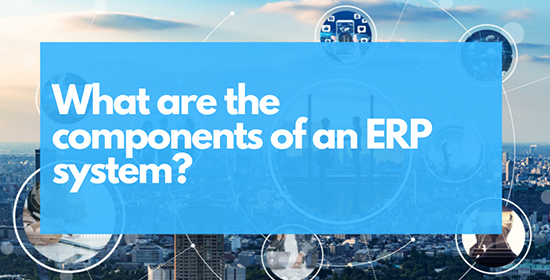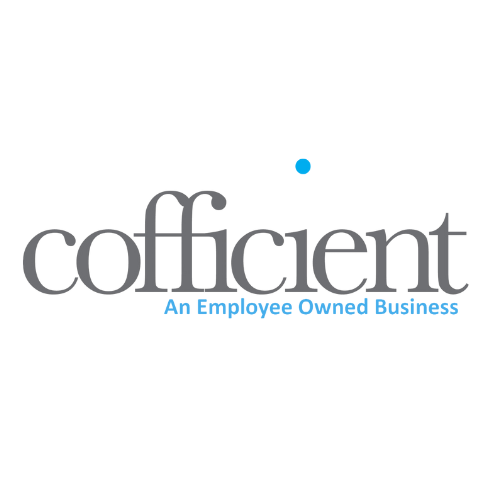
What Are The Components Of An ERP System?
Enterprise Resource Planning, better known by its abbreviated term, ERP, is the integrated management of business processes.
ERP software is a tool that connects these processes, streamlining them on one centralised platform.
It collects data in real-time across multiple departments to help simplify the complex procedures companies go through to function. ERP saves time, hassle and can help boost productivity and revent.
In Brief:
There are 6 main components to ERP:
- Customer Relationship Management
- Business Intelligence
- Supply Chain Management
- Human Resources
- Financial Management
- Inventory Management
Let’s take a look at each of the components of ERP.
- Customer Relationship Management (CRM)
Managing customers, leads and pipeline is crucial for business. Without them, your company wouldn’t survive.A CRM component means you can track all the necessary customer and lead data you need within your ERP software. In turn, you can use this data to help with marketing and sales efforts.Users can also use their CRM to check conversations between sales staff and customers to determine what sales tactics are best. In turn, you can then reduce the number of failed sales attempts.
- Business Intelligence
Business Intelligence (BI) is the aspect of ERP that collects and analyses data, providing insights on company processes.In today’s day and age, where business operation are primarily data-driven, Business Intelligence is immeasurably valuable.
A good Business Intelligence component provides insights in the form of a report that will allow you to make sense of the analysed data.
Some ERP systems’ Business Intelligence presents data in the form of a table or chart, meaning you can spot trends at a glance.
- Supply Chain Management
Most ERP systems offer a Supply Chain Management component, which will help optimise your distribution and manufacturing process, creating a better supply chain.It collects real-time data, meaning you can correct problems as they arise. Real-time data allows you to plan production more accurately, meaning you can meet your business demands without exceeding them.
This component essentially pays for itself by boosting your profitability. It calculates which inventory materials are purchased together and uses that data to calculate where they would be best placed in the warehouse.
It works in tandem with CRM to inform customers of their order’s status, providing them with a rough delivery date.
- Human Resources
Managing employees is another significant component of ERP. The human resources component takes care of onboarding, timesheets, benefits, and staff leaving the company.Its most notable feature is undoubtedly its payroll software. Calculating employees’ pay manually can be time-consuming, and there is always the risk of human error.
With an HR component, this entire process becomes automated, erasing the need for a staff member.
- Financial Management
Probably one of the most important components of ERP is Financial Management. With money being at the centre of how a business operates, this tool is essential.The Financial Management component tracks all of your financial data. From accounts receivable, accounts payable, as well as your budgets and expenses.
It can show you trends in your spending, allowing you to understand how profit is calculated and where you can save money.
It will also present you with financial predictions, assisting you in maximising your profits in the future.
- Inventory Management
Inventory management components see that orders are carried out and also helps maintain the stock in the warehouse. It works mainly with the Supply Chain Management component bus assists all other components in some way or another.A good inventory management component will mean that staff inventory control is reduced or eliminated.
It can also automatically update your company’s website to inform consumers which items are in and out of stock in real-time.
This means you won’t end up with orders for items that are not currently in stock.
We hope this article has helped you better understand what an ERP system comprises and has given you a better understanding of the benefits it offers.
Before purchasing an ERP system, remember to research which ones are the most reliable and best suited for your business.
If you would like to know more about the best ERP software, get in touch.



